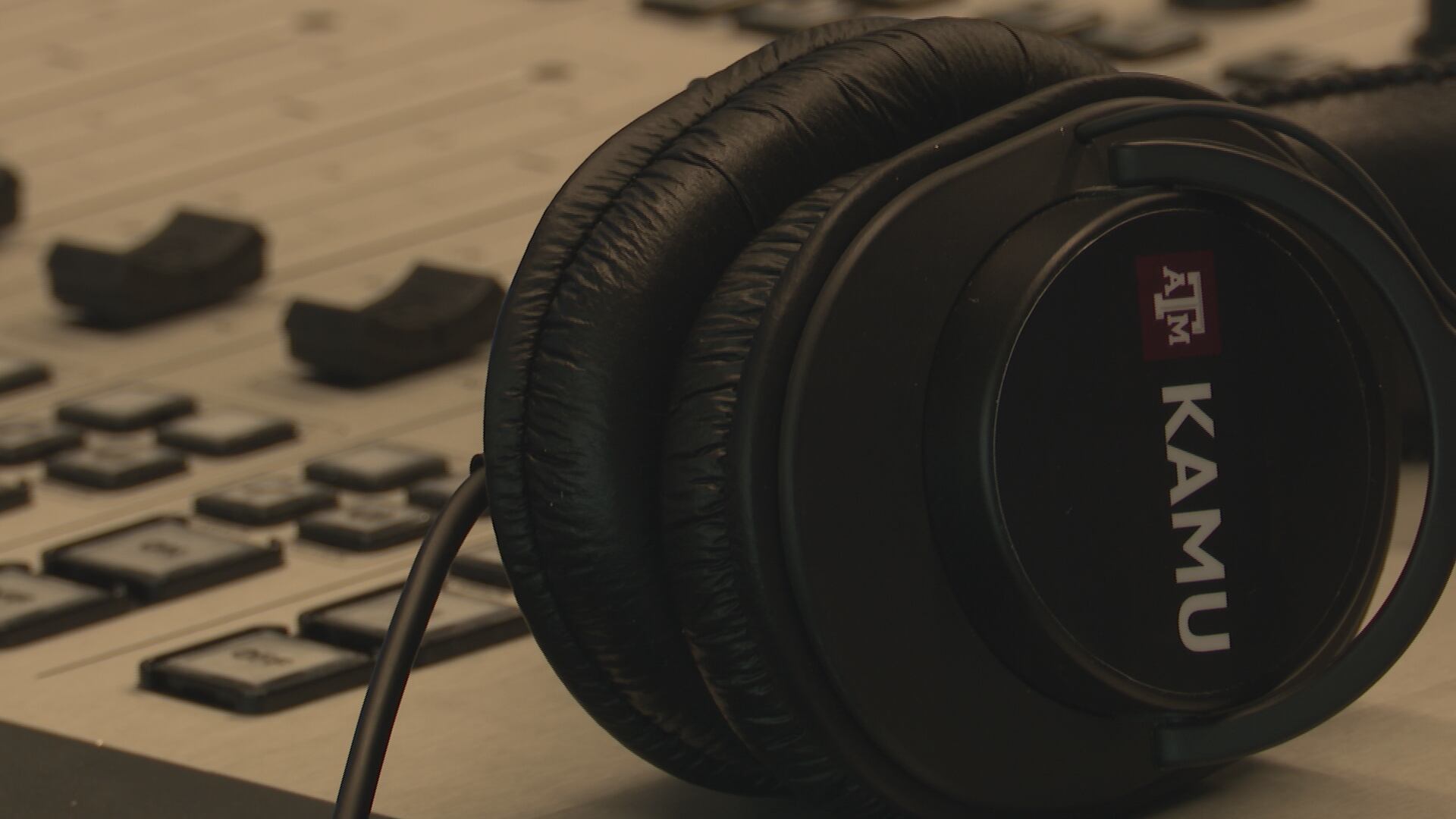Impact of Federal Funding Cuts on Public Media
In the early hours of Friday morning, a significant decision was made that will have far-reaching consequences for public media across the country. Congress approved a recission package that cuts $1.1 billion in federal support for public media. The House of Representatives voted 216-213 to pass the legislation, which codifies around $9 billion in spending cuts. This measure now moves to President Trump’s desk for his signature.
Public media organizations like KAMU, a PBS and NPR affiliate, are now facing an uncertain future. While only 0.01% of the total federal budget is allocated for public media, 30% of KAMU’s budget comes from federal dollars. The annual cost to taxpayers is approximately $1.60 per person, a small amount that supports a vast network of local programming and services.
NPR CEO Katherine Maher expressed concern about the potential impact of these cuts. “It’s very possible that by the end of this year, we will see harm to the station. It’s possible that we’ll see stations go dark,” she said. KAMU has already begun to assess the effects of the funding reduction and is exploring ways to maintain its operations.
In a letter to donors, KAMU outlined the challenges ahead. The organization explained that one-third of its funding will be lost starting in the fall, leaving it to navigate an uncertain path forward. Despite these challenges, KAMU remains committed to its mission of providing unbiased news, inspiring storytelling, and programming that amplifies underrepresented voices.
KAMU plays a vital role in the Brazos Valley, serving as both a source of information and a learning lab for Texas A&M students. The station offers hands-on experience to students in various fields, including video, audio, digital content creation, marketing, and community events. This summer, 12 students are participating in the program, with nearly 20 expected to join in the fall. Faculty, researchers, and community leaders also use KAMU’s platforms to share their work and insights.
The station produces 13 locally-created programs, two of which are entirely student-produced. These programs reflect KAMU’s commitment to fostering talent and promoting local voices. Despite the funding cuts, KAMU remains dedicated to its mission of delivering quality programming that informs, connects, and engages the community.
Maher emphasized that while the cuts will have a national impact, they will be most felt at the local level. She noted that public media serves as a critical resource for communities, especially in areas where other sources of information may be limited.
A legal battle between NPR and the Trump administration challenged the May executive order that called for the cuts. The case was partially based on First Amendment grounds, arguing that the cuts constituted viewpoint discrimination. Kevin Goldberg, Vice President of the Freedom Forum, explained that the argument centered on whether the executive order was retaliatory and violated free speech rights.
Goldberg stated, “They were arguing that this was a completely retaliatory act that violated their First Amendment rights because it was a form of viewpoint discrimination.” However, with Congress using its ‘power of the purse’ to codify the cuts into law, new constitutional questions arise.
Goldberg added, “The court’s going to have to weigh, though, whether Congress’s power to fund outright and make any funding decision it wants as to how to spend taxpayer money outweighs these First Amendment rights.”
KAMU has been a fixture in Aggieland for 55 years, providing essential services and programming to the community. As the station faces these challenges, it remains committed to its mission and the values it represents. The support of donors and the community will be crucial in helping KAMU navigate this difficult period and continue to serve the public.







